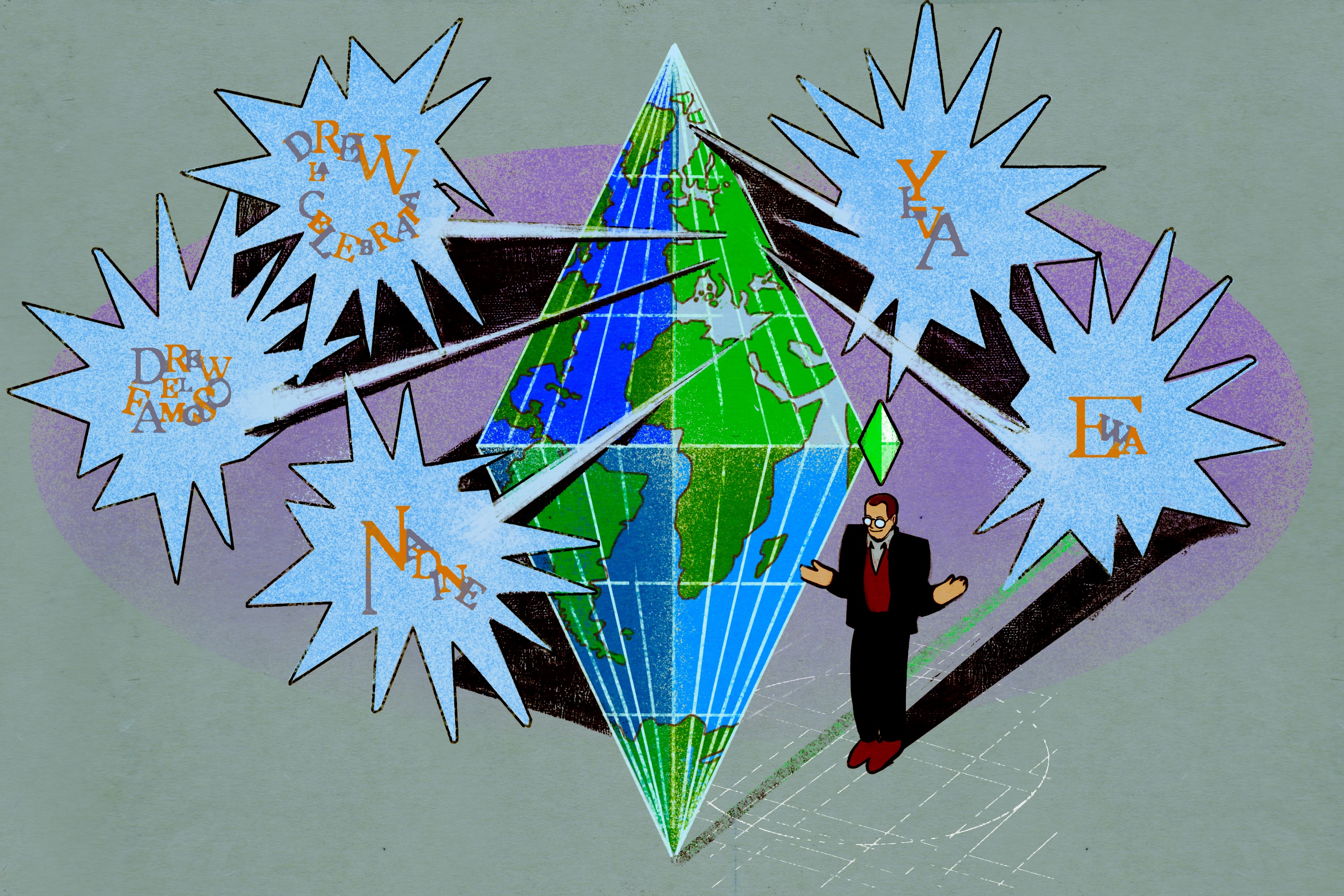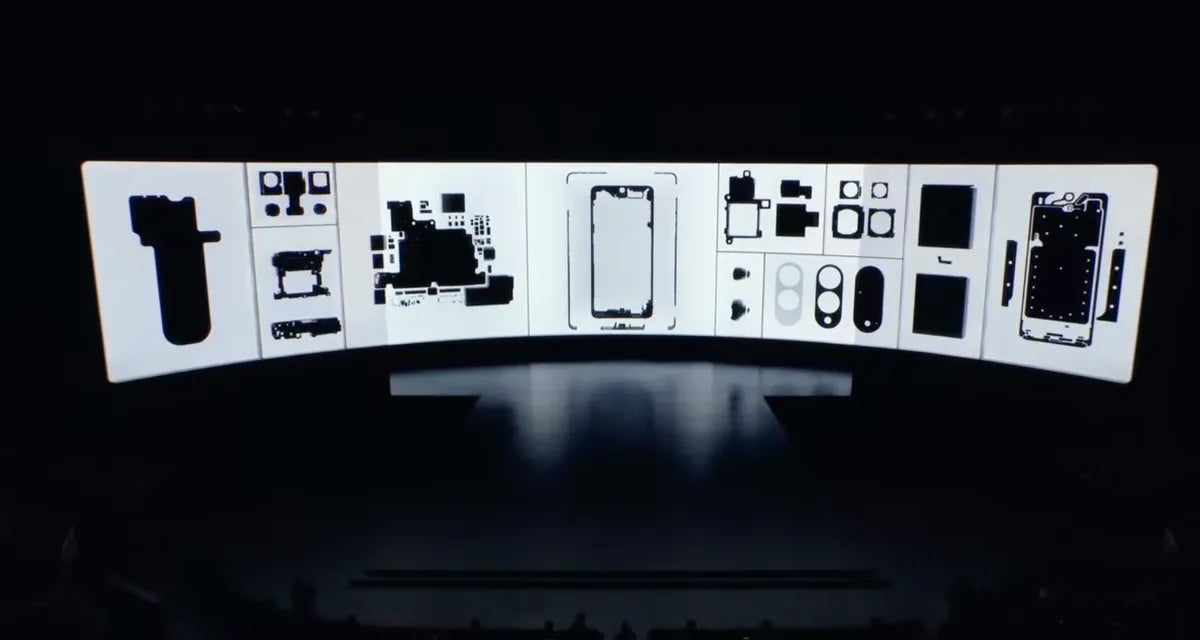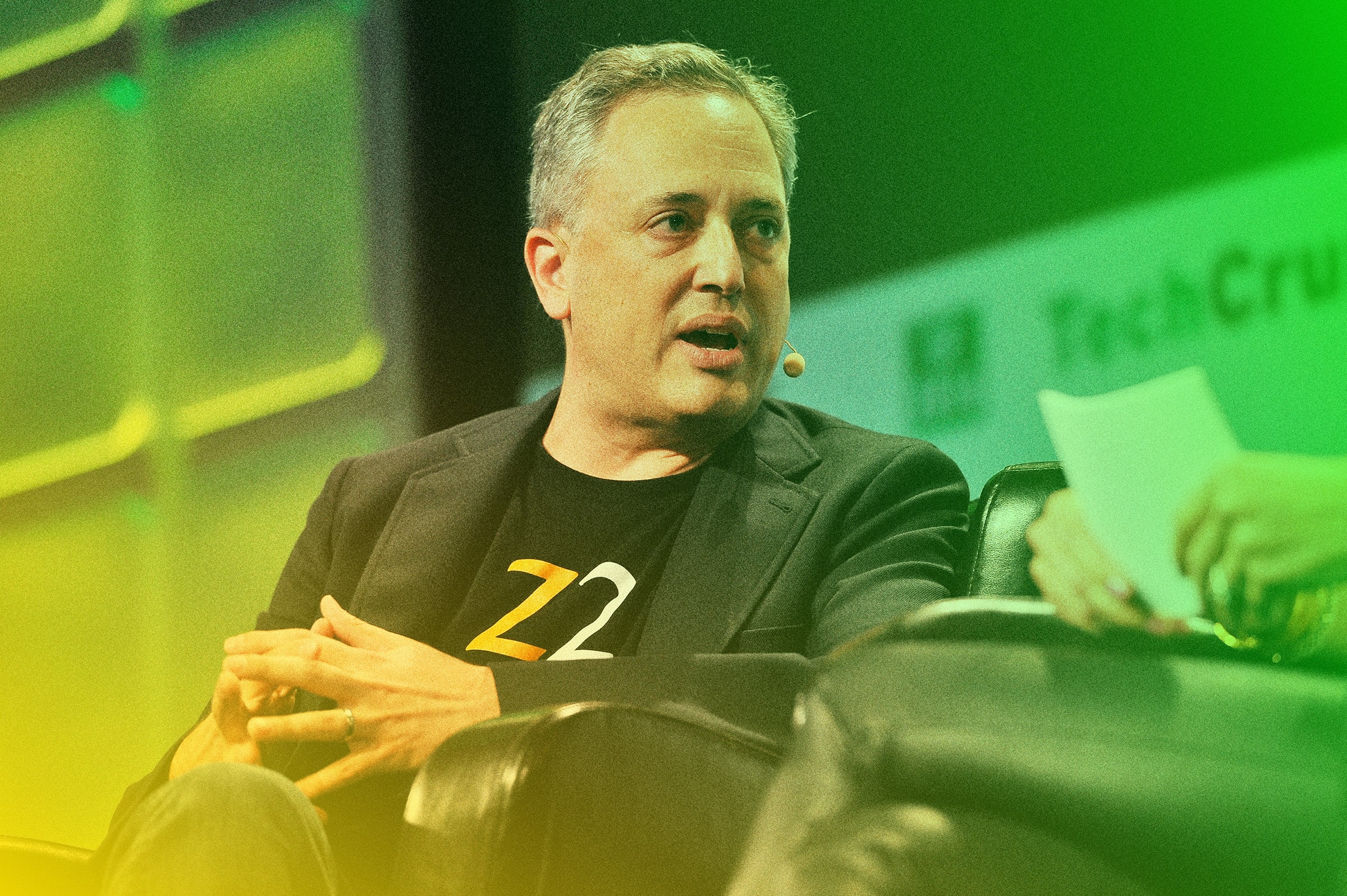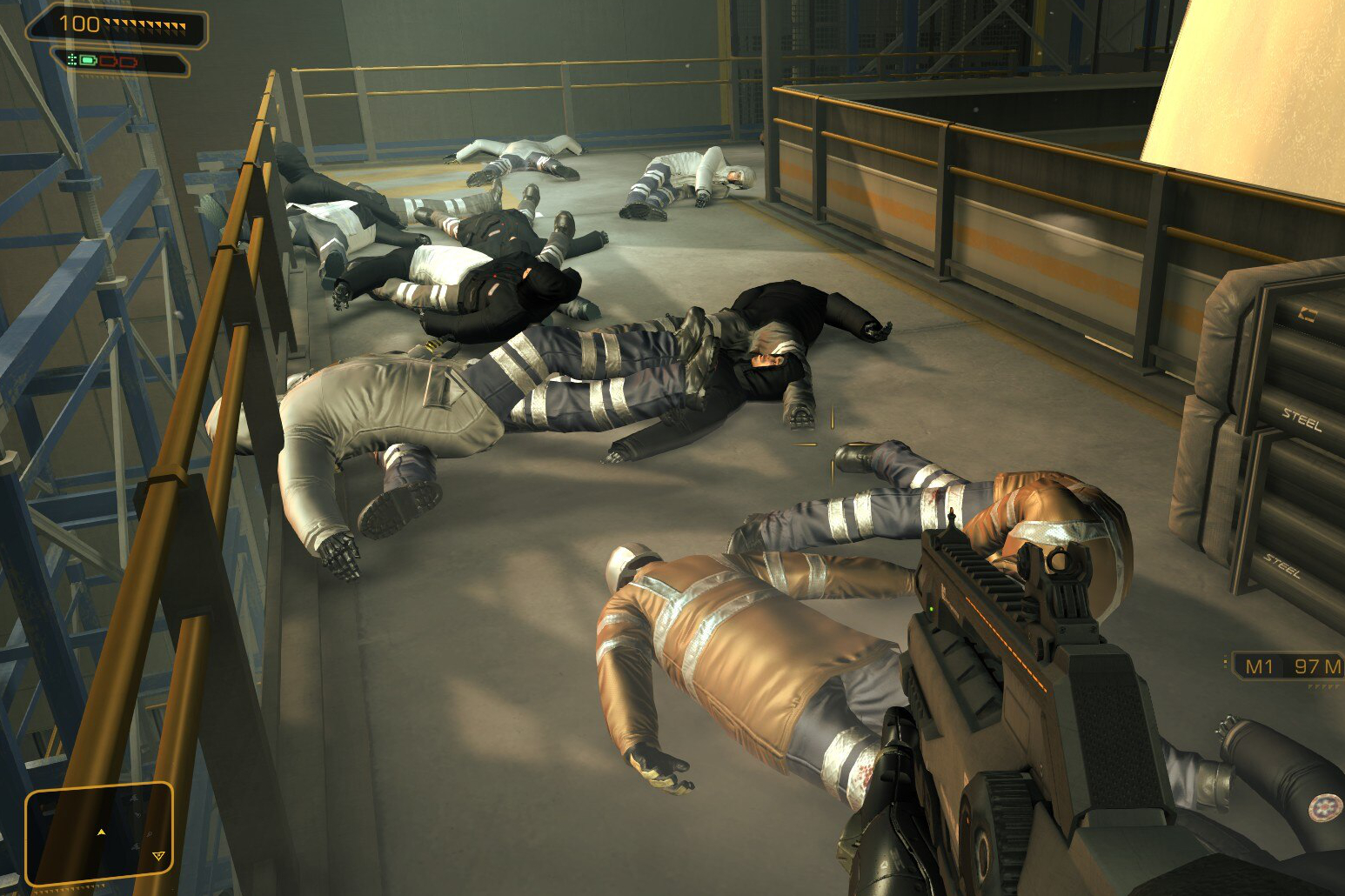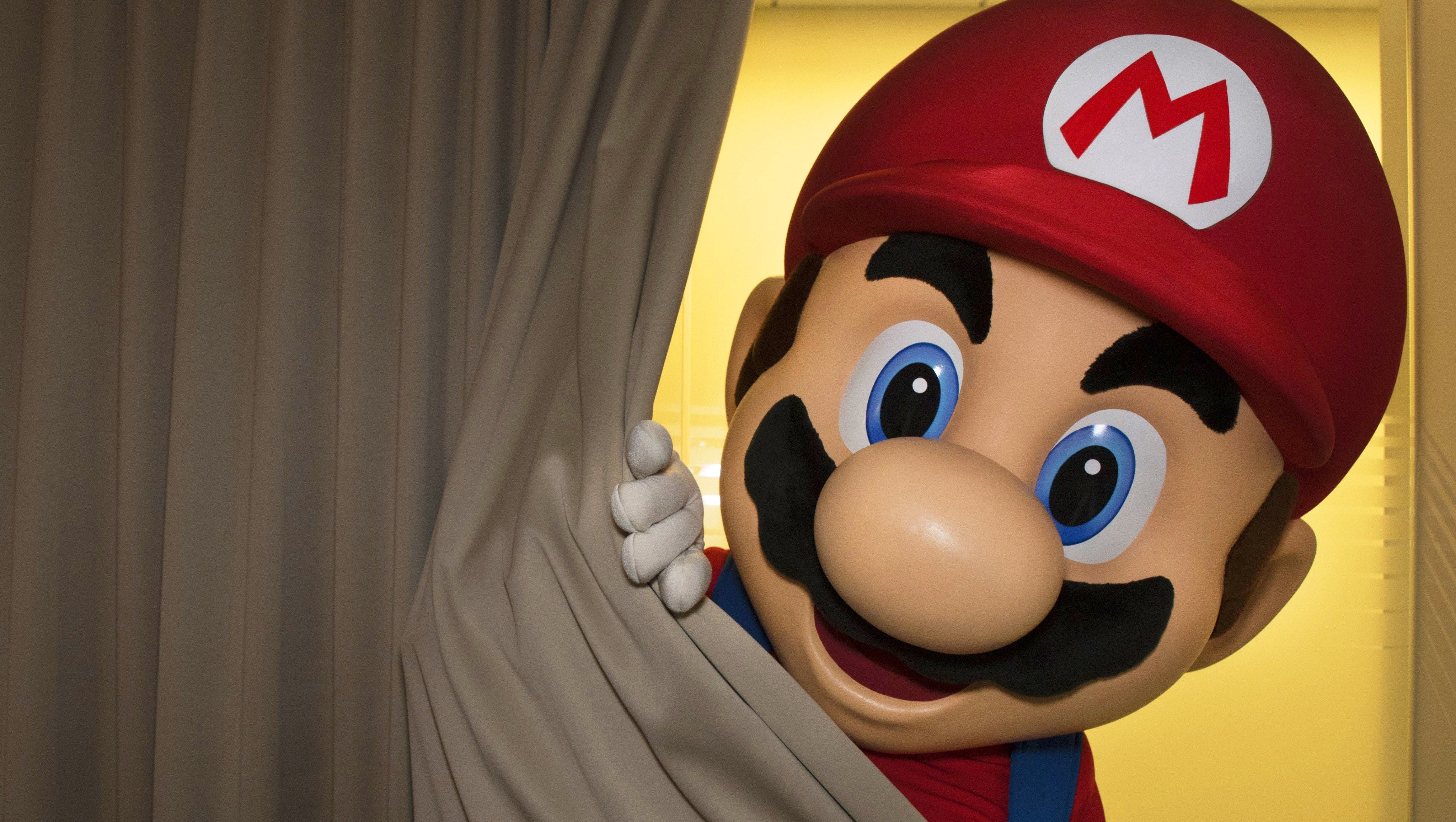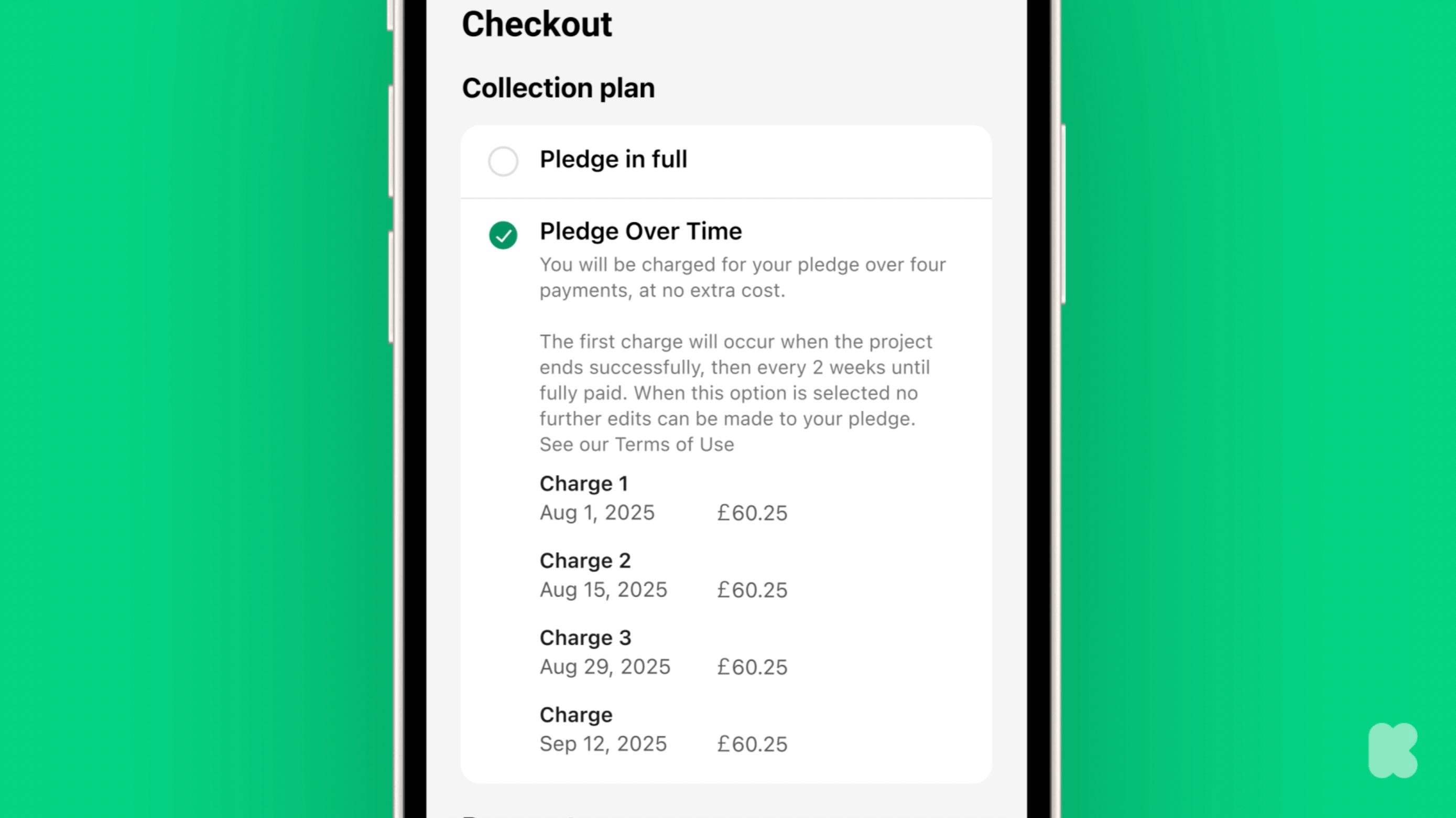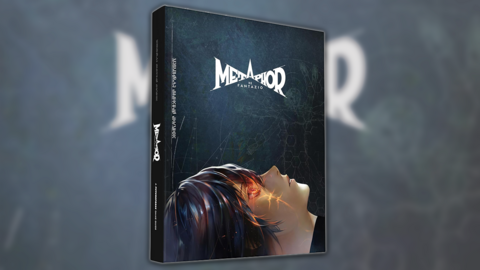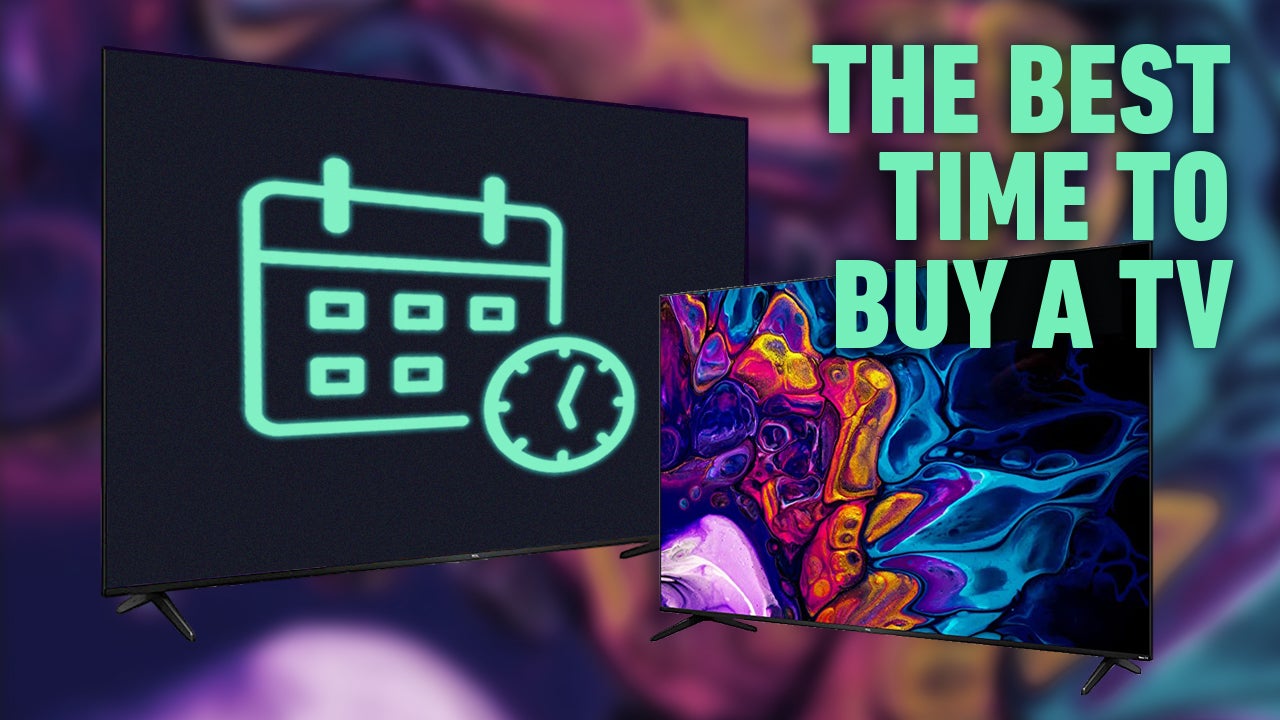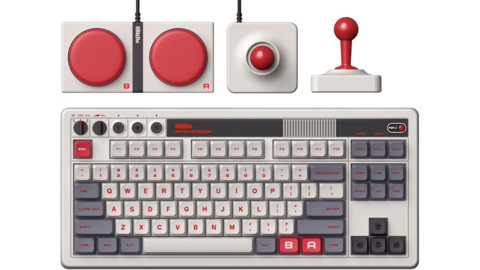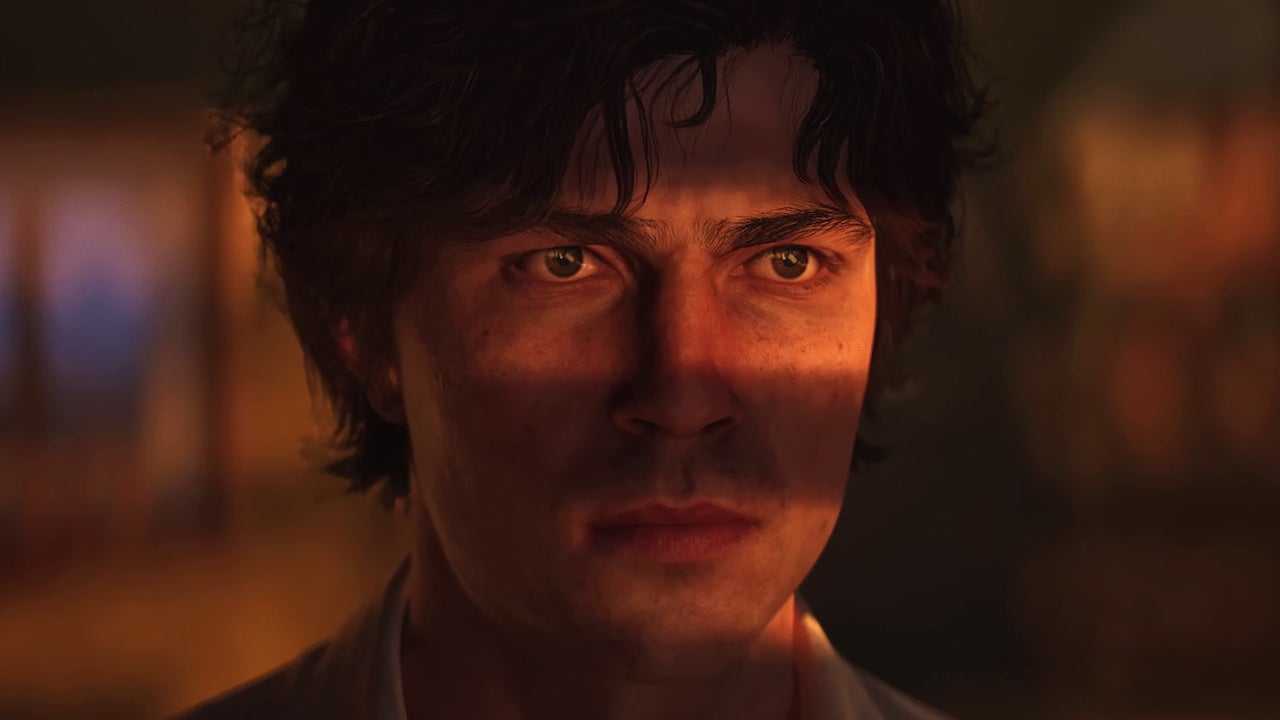
In 2000, shortly after the launch of The Sims, publisher Electronic Arts and developer Maxis discovered that the game was popular with a demographic EA had theretofore never seriously entertained: young women and teenage girls. “We never set out to make this a game that was popular with girls at all,” said original game designer Roxy Wolosenko in 2022. “We were just making a game that was interesting to us. Girls just ended up finding it.” A happy accident upon which EA continues to capitalize, with a steady stream of expansion packs, content updates, and brand partnerships, and with collaborations and in-game appearances from the likes of Avril Lavigne, Hilary Duff, Carly Rae Jepsen, Bebe Rexha, Vanessa Hudgens, Millie Bobby Brown, and Winnie Harlow. So looking back it is all the stranger that the first celebrity EA and Maxis signed up, after discovering the franchise’s enormous appeal to teenage girls, was Drew Carey.
The comedian Carey, then the star of an eponymous sitcom on ABC, was an early fan of The Sims and had twice referenced the game on his show, the second time with Maxis supplying custom footage. Quid pro quo: Carey agreed to cameo as himself in The Sims’ second expansion pack, House Party. If the player threw a good party, Carey would drop by in a limo. “Heyyyyyyy! My agent said I just HAD to come over. Let’s crank this party up!”
The virtual Carey could mingle, dance, and, in the chaotic sandbox of The Sims, make unwelcome passes on every female guest and get slapped in return. “This time he wanted to actually flirt with [my] ‘mother-in-law,’” noted one Sims player in a 2001 Usenet post, “and he kept going into the hallway to be by himself and talk to himself before talking to anyone else. Kinda like he was practicing what he was gonna say to people. […] Is this how he acts on The Drew Carey Show?” Other players reported Carey showing up at their houses even when they weren’t throwing parties, or marching out of the Goth family’s graveyard at midnight. Players tired of Carey’s pop-ins sought the secret of his destruction (“There is a ‘thing’ that takes care of Drew! I just don’t know the site… let me try to find the site”) with one discovering it was possible for another party guest to urinate on him.

This week on Polygon, we’re looking at how cultural differences affect media in a special issue we’re calling Culture Shock.
“Being in [The Sims] was one of the coolest things in my career,” Carey told Polygon in a statement, declining to elaborate on the more particular aspects of his appearance.
“The Drew Carey piece was very organic. He was just generous enough to say, ‘Yeah, totally, put me into your game,’” says Patrick Buechner, who worked in marketing and management at EA and Maxis from 1995 to 2015. Carey, an American comic on an American network, was not necessarily known for his worldwide appeal, but that was not a consideration. “They weren’t really looking at Drew Carey as someone who’s going to sell the game in Bangladesh,” says Jake Simpson, an engineer at EA between 2001 and 2006.
When House Party was translated into Italian and Spanish, Carey’s character and his appearance were retained, but his surname dropped — he was, simply, “Drew la Celebrità” and “Drew el Famoso” — the assumption presumably being that Italian and Spanish speakers would not recognize his name. Less explicably, in Polish, Swedish, and German, Carey was misgendered as “Ewa,” “Ylva,” and “Nadine.” “I mean, he’s a man, and a well-known one at that, with a name,” responded one German player. “They can’t just write Nadine there!!!”
“Germany does what Germany does. I don’t have any idea who Nadine is,” says Buechner. EA’s Cologne office, Buechner remembers, was given a particularly long leash from the publisher’s Redwood City headquarters. Cologne was able, for instance, to strike a profit-sharing product integration deal between The Sims and the right-wing German tabloid Bild without anyone in California knowing. “At the time,” says Buechner, “EA was very much like, Germany can do what Germany needs to do to sell the games.”
This is not the way it works now. A network television star does not get dropped without promotion into a major video game franchise — to get urinated on, no less — with no marketing thought behind it other than it sounded cool and the star would do it for cheap out of genuine affection for the game. The Sims is no longer just an American franchise but a global one. If someone like Katy Perry winds up in the game, a regional office of Electronic Arts does not get to decide that her new name is Nadine.
Maxis’ logical follow-up to Carey’s appearance was the 2003 expansion Superstar, which solved for the problem of Carey’s limited name recognition by signing up stars exponentially more famous. Among others, Avril Lavigne, Christina Aguilera, Jon Bon Jovi, and Sarah McLachlan appeared in-game. Cologne guaranteed additional local appeal by adding German and Belgium celebrities as downloadable characters.
Superstar was successful, and whetted EA’s appetite for more expansions like it — but the experience of negotiating with, and managing the images of, a host of A-list talent and their management teams had required so much unexpected effort that Maxis was able for a time to push back on working with celebrities. (“There are things that the Sims do that you cannot have a celebrity do,” Simpson says. “[Avril Lavigne] can’t pee on the floor, you know what I mean? She can’t be making out with other women.”) As further evidence of the challenges involved, a decade later Maxis and EA negotiated a major partnership with Lady Gaga for a similar expansion pack, The Sims 3: Showtime; then the deal fell through and was reworked for Katy Perry.

But 20 years of the social internet has produced a new solution to the Drew Carey problem. Today, you do not have to be world famous to have worldwide reach. Who needs Lady Gaga if Baby Ariel can have the same impact for a fraction of the hassle?
Ariel, who achieved social media fame on the lip-syncing platform Musical.ly (later TikTok), appeared in the 2018 Sims 4 expansion Get Famous. “Who is she? And why is the game feature a musician YouTuber instead of an actress?” wrote one perturbed Sims fan. Another: “I mean come on…a musical.ly ‘star’….really? That’s the best they could do?” “I would prefer real stars like Marilyn Monroe, Britney Spears, classical actors.”
Derek Jacobi and Kathryn Hunter will not be making it to The Sims anytime soon. Baby Ariel has 36.8 million TikTok followers. Lucy Hale, paid in 2015 to share an image of herself as a Sim, has 23.8 million Instagram followers. Millie Bobby Brown, appointed in 2018 as a “Sims Ambassador,” has 63.4 million on Instagram.
Despite their wide reach, Brown et al. are, in the parlance of the popular celebrity podcast Who? Weekly, “Whos,” so named for what you might ask when you hear about them. Whos are a kind of aspirant class of celebrity or influencer who transparently and transactionally work the levers of acquiring and maintaining fame: sponsored content, podcasts, skincare and salsa lines.
Iggy Azalea taking money to ask her followers what kind of store her Sim should run in The Sims 4: Get to Work is Who behavior; Christina Aguilera would never. But a Who will promote The Sims gladly, professionally, and through an enormous social media presence — including, ideally, a large audience of teenage girls. Girls and young women are still the lifeblood of The Sims, but the ways in which EA can reach them have changed in the company’s favor. A global video game franchise like The Sims no longer operates in American or German contexts, but an online one. Online, somebody like Iggy Azalea or Bebe Rexha may well be known to every teenage girl in every country, no localization required. If you’re offline, perhaps you wouldn’t know the names, but The Sims is not really for people who are offline. At this point, what is?
But for all the ways in which the internet has benefited EA’s marketing department — cheaper talent, greater reach — nothing it has ever put out through its social channels has made as much of an impact as Keke Palmer’s Sims having a threesome. In 2023, the Nope actress went viral for playing The Sims 4 — expanded and broken with mods; Palmer was a committed fan — on her Instagram Live. Palmer narrated the drama of her Sims’ romantic lives, reacting with shock as one of her Sims took it upon themself to perform oral sex on another, who was seated on a toilet. “Yes, baby, that’s Keke Palmer in her gamer era,” wrote Buzzfeed News. You cannot buy PR like this; EA is not in its oral-sex-on-the-toilet era.
An official collaboration between Palmer and EA, brokered after that viral moment, led to a short spot of a virtual Palmer with a dog, where the dog demonstrates that it has several neckerchief options. It didn’t compare. Palmer’s Instagram didn’t blow up because it was prurient, but because it was personal. Her game was chaotic and custom. It was clear how much fun could be had playing in, and breaking, that sandbox.
“[In The Sims] I would make everyone pregnant,” said Chappell Roan in a viral TikTok earlier this October. “I would make everyone have twin baby aliens. I was a freak and trying a cheat code to make everyone naked. […] I was just trying to make everyone naked.” This is it. When The Sims was first released, EA worried that the aesthetic was too American to translate globally — but everyone understands a dollhouse, and everyone understands making the dolls in the dollhouse kiss.
The Sims endures because when it gives its audience Drew Carey, the audience entombs him in a hot tub. When The Sims gives its audience Baby Ariel, the audience seduces her with a female vampire. Play is a universal language, but mess is better. Who in this world does not love a mess?
Source:https://www.polygon.com/the-sims/483871/drew-carey-the-sims-house-party